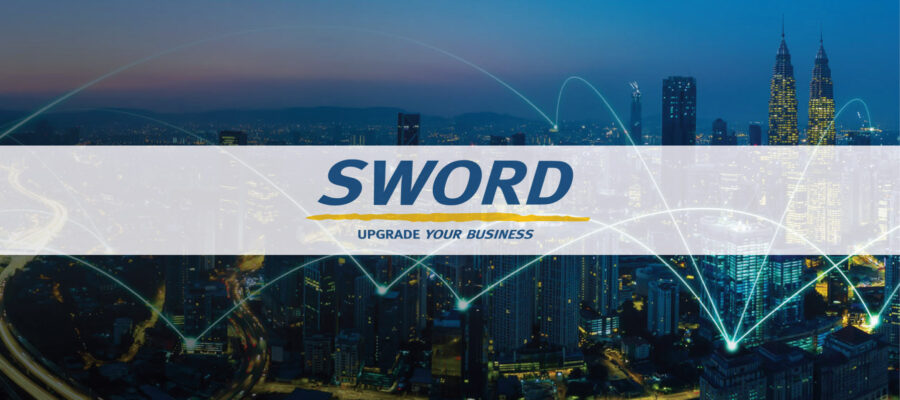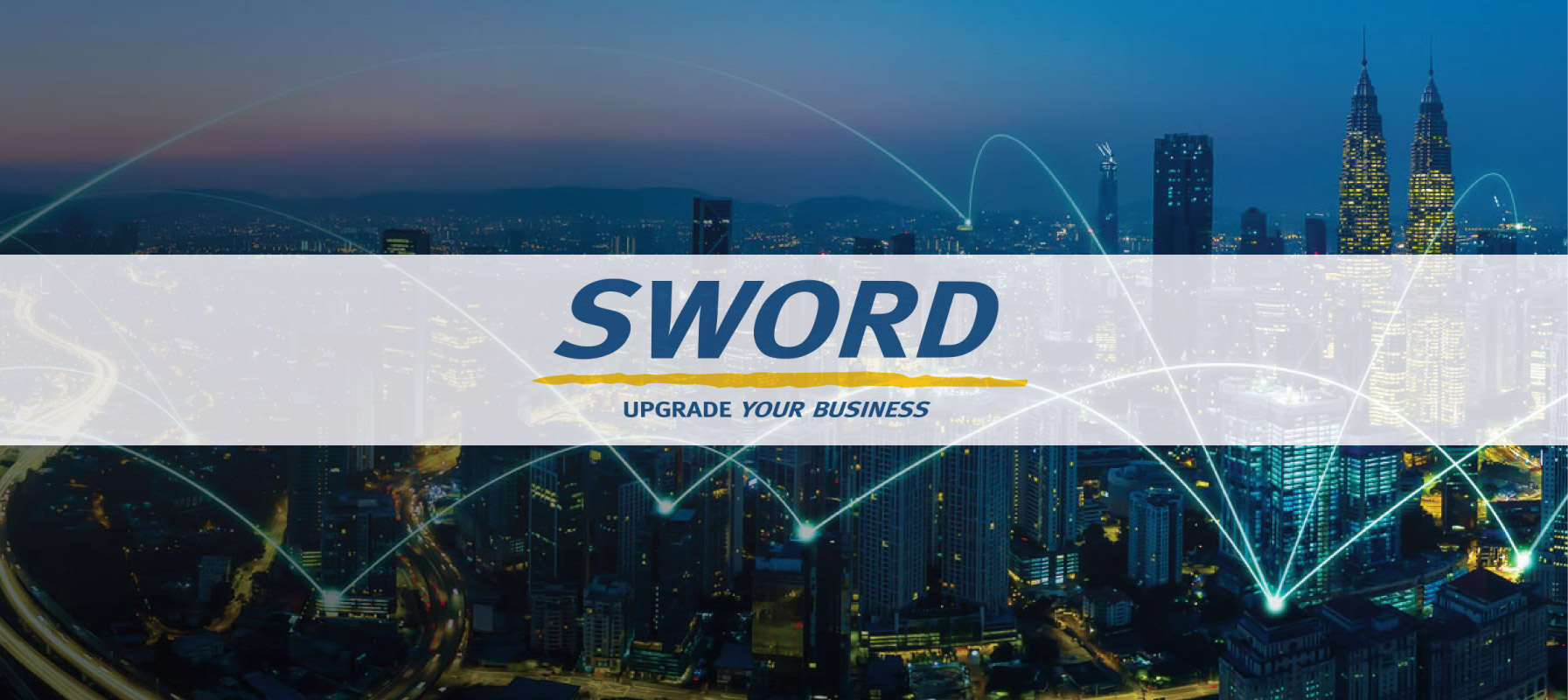Interview with
Mrs. Montse Rosillo
Business Analyst

First of all Montse, can you elaborate on the history and ownership of Sword Group and can you explain your business model?
Sword Group is a world-leading IT and digital transformation partner, a listed company established at end of the year 2000. Within the group, Sword Technologies focuses on serving the IT needs of European Institutions and their agencies across Europe. We have built trusted relationships over the past 20 years and currently employ approximately 1000 staff active in the construction and running of different European Union IT projects.
There are a lot of rules and regulations coming out of Brussels. Please tell our readers who are worldwide active in shipping and logistics how this will indeed affect them.
Indeed, customs regulations are constantly evolving, especially after the September 2001 terrorist attacks in the United States.
In case of imports to the EU territory, which includes EU Member States, Northern Ireland, as well as Norway and Switzerland, there is a new pre-arrival security and safety programme currently being deployed. The new programme impacts imports which transit through, or are destined for EU territory, on an IT, legal, customs risk management/controls and trade operation level. EU import stakeholders need to know about the programme, assess how they are impacted, and implement the required changes to follow the new regulation, and thus avoid delays in the supply chain, goods being blocked, or even being subject to administrative sanctions for non-compliance.
There are particularly some rules including Import Control System 2 (ICS2) (europa.eu) that you referred to when we first were in touch. What is this rule about and in what way does it impact logistics companies such as freight forwarders, direct shippers and shipping lines?
ICS2 supports the implementation of this new EU customs safety and security regulation. It replaces the current EU Import Control System (ICS) and, as in ICS, collects data about all goods entering the EU through the submission of Entry Summary Declarations (ENS). However, there are important differences between the two systems in terms of data requirements, timelines and procedures.
The introduction of ICS2 has been split into three different releases, based on the mode of transport of the goods. At this point in time, ICS2 applies to Air Express, Air Cargo and Postal by Air imports. The next challenge will be for the Maritime Carriers, who must start filing ICS2 ENS during the deployment window from 3 June 2024 to 4 December 2024. After that, comes the turn of the Maritime House Filers, and lastly the turn off the Road and Rail imports will come.

To give you an idea of the impact, in the case of the long haul containerized maritime shipments for example, the new regulation requires the ENS to be sent to the EU Customs 24 hours before the goods are loaded in the port of departure, and there is the possibility to receive a “Do not load” reply, meaning that certain containers must not be loaded in the ship. That means a high operational change, but also requires a robust IT system to enable the timely ENS submission and the reception of the EU Customs reply to get the MRN and the result of the Risk Analysis. It may be the case that EU Customs decide that the data provided in the ENS is not enough to complete the Risk Analysis, and they request more information. It is up to the import stakeholder to receive that request and reply to it as soon as possible, to enable the Risk Analysis to be completed and unblock the loading of the containers.

Another important change I would like to highlight concerns the actors involved. You see that I mentioned a deployment window for the Maritime House Filers. This is because the additional data required in ICS2 includes the 6-digit Harmonised System code, adequate description of the goods, the EORI of the consignee established in the EU, addresses, etc. but also data at the House Consignment level, and information about the Buyer and the Seller if the final destination of the goods is within the EU territory. For that reason, the owners of that data will have to decide:
–Whether to share the data with the Carrier, enabling them to submit a full ENS;
–Or to submit a partial ENS by only submitting their data, themselves or via a representative.
In the first case, the agreement with Carrier, they will need to remain available in case the Carrier receives an ICS2 request for more information at the House level and doesn’t have the information to reply. And in the second case, the person filing in the information will need an IT system to interact directly with ICS2.
What kind of advice could you extend to smaller companies who do not have, shall we say, “smart and up-to-date legal departments in house”?
As long as companies are aware of the ICS2 regulations and dates by which they will have to comply, the issues will arise less from not having an in-house legal department than from their ability to respond to the IT messaging requirements that this regulation entails. Not being able to communicate with the centralised ICS2 system will at some point simply put a stop to their activities, whilst poor IT communication will affect the operational supply chain and entail considerable costs as well as potential sanctions. To comply, companies will thus have to build their own IT system in-house or delegate to an IT Service Provider using a product such as SWORD HILT solution.
Can you help them out, and would you have software, a product, or a way of guiding companies in need how to navigate the regulation jungle?
Absolutely! Sword Group is well-equipped to help companies deal with regulatory complexities, particularly in the area of EU Customs. In response to the challenges posed by ICS2 regulations, we’ve developed the Harmonised Import Logistics Toolkit (HILT). HILT is a comprehensive solution designed to simplify compliance with ICS2 regulations while seamlessly integrating with existing systems. It’s adept at handling multiple data formats, such as EDIFACT and XML, and ensures data confidentiality throughout the process. With features such as streamlined data conversion, efficient processing of submissions and responses, support for manual referrals, and seamless integration capabilities through API protocols, HILT is an invaluable tool for companies navigating the regulatory landscape. For a more in-depth look at how HILT can streamline import logistics and regulatory compliance, I encourage you to read our recent article on the subject Article | New Product in Spain – Sword Group (sword-group.com)
How would it be best for our readers to get in touch with you?
For any inquiries or information requests about SWORD HILT, please do not hesitate to send us an email at contactspain@sword-group.com. Our team is dedicated to providing comprehensive details about our offerings and assisting you with any questions you may have.






